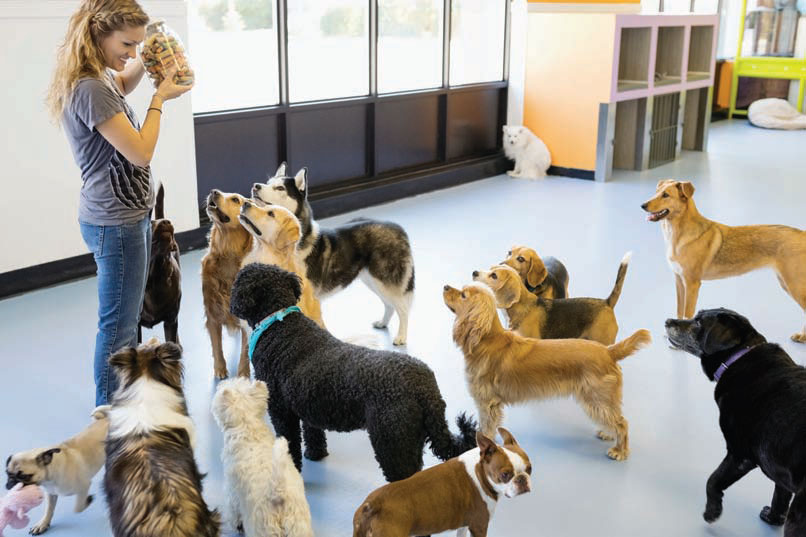Chapter 7Learning and Conditioning

Learning Objectives
LO 7.1.A List and explain each of the four key elements that make classical conditioning take place.
LO 7.2.A Provide an example of how classical conditioning takes place in forming preferences.
LO 7.3.A Discuss how Edward Thorndike's research served as the basis for operant conditioning.
LO 7.5.A List and discuss six reasons why punishment often fails to effectively change behavior.
Ask questions . . . be willing to wonder
Why are so many people scared of snakes and spiders?
Why do efforts to crack down on wrongdoers often fail?
Is there anything wrong with paying kids to get good grades?
Why does playing violent video games make some people aggressive and others not?
It's January 1, a brand new year. The sins and lapses of the old year are behind you; the slate is clean and you're ready for a fresh start. Optimistically, you sit down to record your New Year's resolutions: to eat fewer sweets, study harder, control your temper, get more exercise, manage your spending, . . . (you can fill in the rest). How likely are you to achieve these goals? Within weeks, days, or even hours, many people find themselves reverting to their old habits (“Well, maybe just one small dish of double chocolate ice cream”). They may decide that trying to mend their ways is pointless because they lack the willpower, brains, or courage to do it. In this chapter, however, we will see that, in fact, willpower, brains, and courage often have little to do with the ability to change your ways.
People do not want to fix just their own behavior, of course; they are forever trying to improve or fix other people's behavior as well. We imprison criminals, spank children, shout at spouses, give the finger to a driver who cuts us off, and impose zero-tolerance policies for the slightest infraction of a rule. On the positive side, we give children gold stars for good work, give parents bumper stickers that praise their children's successes, give bonuses to employees, and give out trophies for top performance. Do any of these efforts get the results we hope for? Well, yes and no. After you understand the laws of learning, the topic of this chapter, you will realize that behavior, whether it's your own or other people's, can change for the better—and you will also understand why often it does not.
Research on learning has been heavily influenced by behaviorism, the school of psychology that accounts for behavior in terms of observable acts and events. Unlike the cognitive approach, a behavioral perspective emphasizes the influence of prior experience on current behavior, rather than thoughts or other aspects of the “mind.” Behaviorists focus on conditioning, which involves associations among environmental stimuli and behavior. As we will see, they have shown that two types of conditioning, classical conditioning and operant conditioning, can explain a great deal of behavior both in animals and in people.